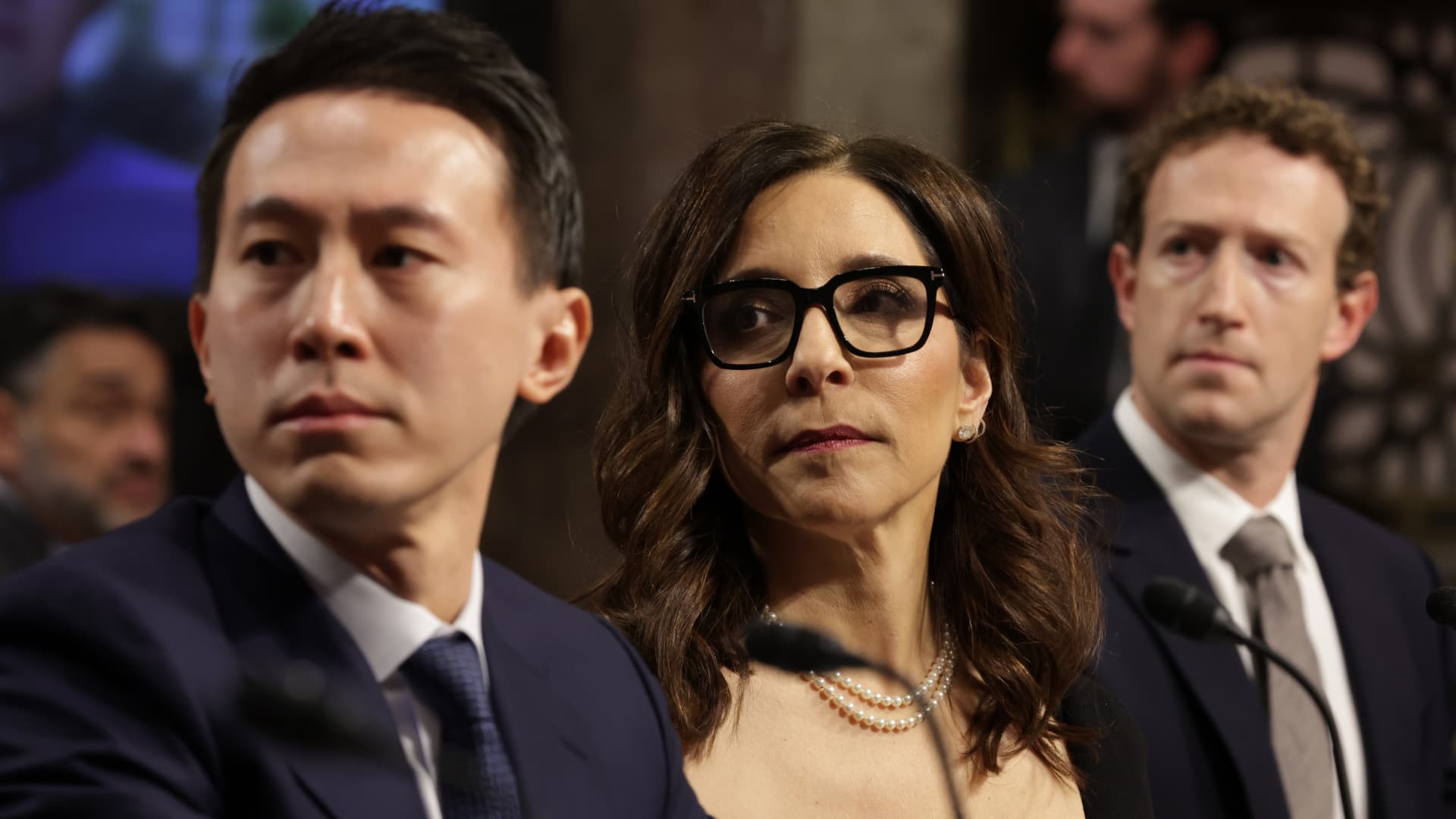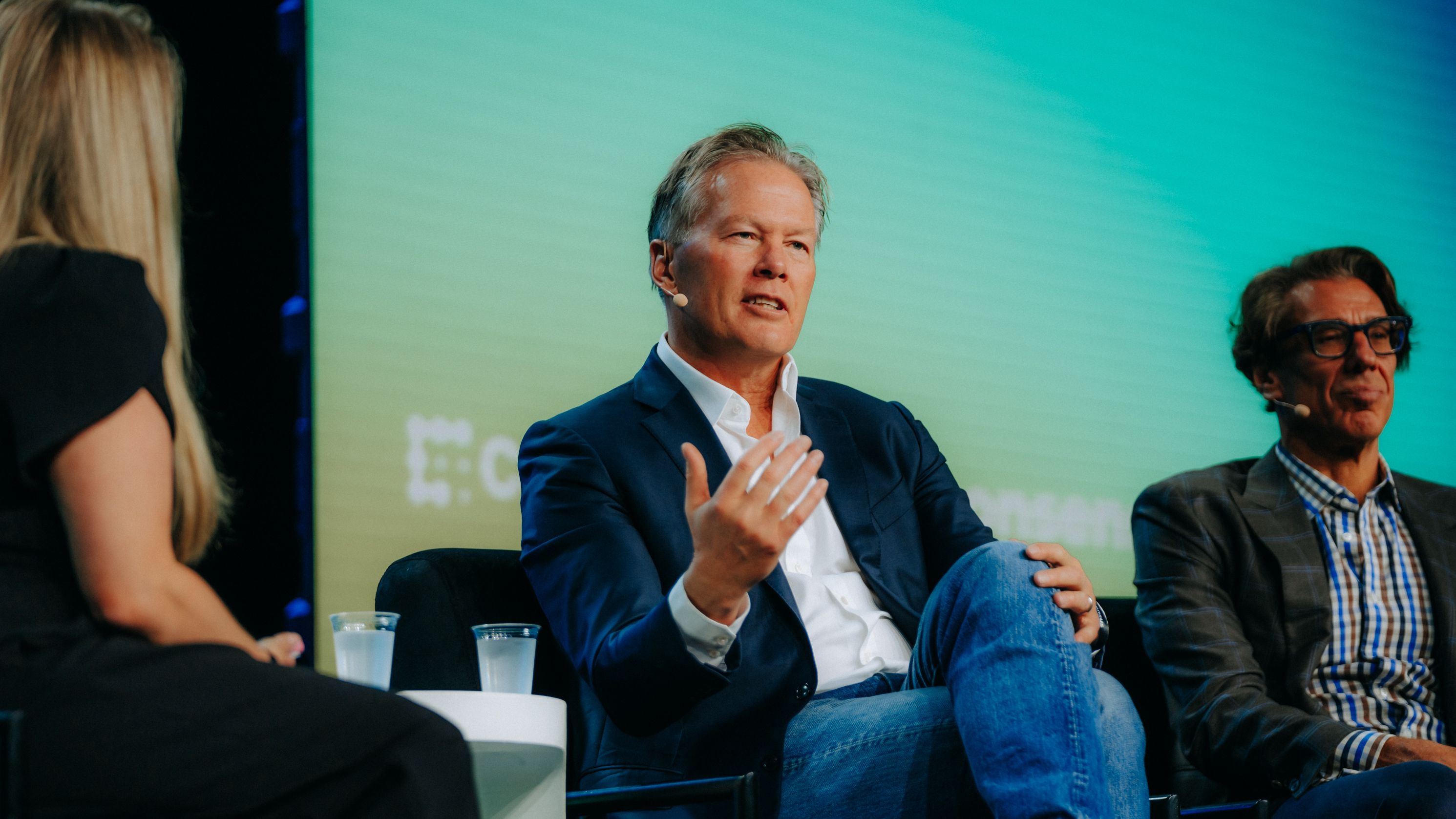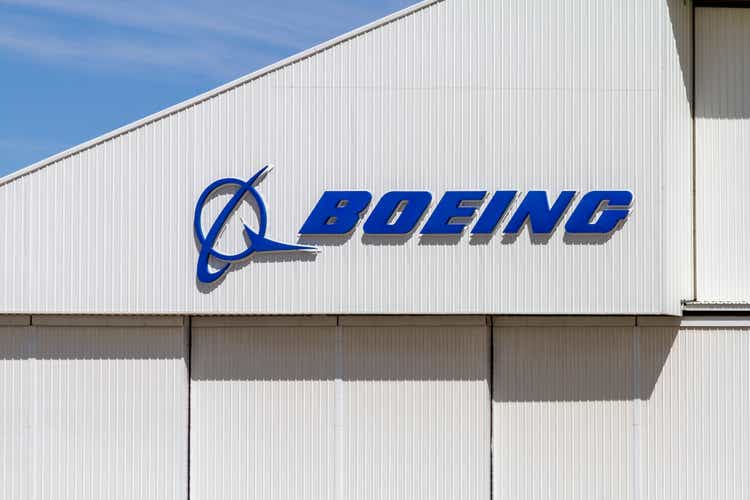You can also listen to this podcast on iono.fm here.
ADVERTISEMENT
CONTINUE READING BELOW
Download the free LiSTN audio app on Google Play, Apple or here.
JIMMY MOYAHA: A few weeks ago I spoke to the head of Africa at the World Economic Forum around the developments that were being discussed for Africa. One of those developments was the African Continental Free Trade Area [AfCFTA] agreement that was being finalised and implemented. And we see just today that the South African government has announced that the implementation of that preferential trading agreement was launched by our president and our minister of trade and industry in Durban today.
I’m joined on the line by a global trade and excise partner at Ernst & Young Africa, or EY Africa – that’s Johnathan Fillis. Good evening, Johnathan. Thanks so much for taking the time. Let’s start with the significance of the agreement.
Obviously leading up to the World Economic Forum it was something we wanted for the continent. It was something coming out of the forum and its implementation that was going to be such a monumental step – and we got it right. We actually managed to get it implemented.
JOHNATHAN FILLIS: Yes. Thanks for having me on, Jimmy. It is quite significant, I must say. What I can tell you, Jimmy, is the implementation of this agreement was delayed for various reasons, including of course the Covid pandemic. This has taken many, many years to get the agreement to the state that it’s in.
But I really need to explain the significance of what happened today. Today we in fact realised many, many years of work that have gone into getting the agreement to this point. So what has happened today, officially South Africa has started trading under this agreement.
Just to give you an idea, at the high level on what this aims to do now, Africa trades of course around the world with many countries.
But the intra-Africa trade – and what that means really is that countries within Africa trade with each other – is less than 15%, Jimmy.
Now what does this trade agreement try to do? The aim is for that trade between African countries to increase, and this agreement does it. How does it do that?
If it’s ‘proudly made in Africa’ – and of course in South Africa, if the production takes place here – you can potentially benefit by exporting your goods among these countries with no or very reduced duty rates. So this is an exciting day, Jimmy, a very, very positive day.
JIMMY MOYAHA: Johnathan, I want to come to the production side of it, because I think that’s something else we need to look at. But, before we get to that, what’s covered under this agreement specifically? Do we know? Are there specific goods, are there specific sectors? What would fall within the remit of this agreement?
JOHNATHAN FILLIS: A great question there, Jimmy. Let me put it to you this way. The agreement aims of course to facilitate trading goods. It aims to facilitate trade in services. And then the other two areas are really the movements of people and capital on the African continent. Those are the aims of the agreement.
Where we are right now is that the trade in goods is what is possible. That’s the first thing.
The other thing I’ll say is, of the industries involved there is not an industry that isn’t touched by this. Think of it like this, Jimmy. Any product, any good that you can touch, a physical good that is produced, is covered under this agreement.
At this point in time you can export up to 92% of any product that you can think of.
So what am I talking about? I’m talking about vehicles, I’m talking about machinery, I’m talking about agricultural goods that are produced.
So for any product that you can physically touch, up to 92% of the products that you can think of are already covered under this agreement – of course with the aim of covering all physical goods. So this is significant.
JIMMY MOYAHA: Absolutely. Johnathan, that production side of it that you mentioned, with this new agreement coming into effect obviously there is a new level of incentive that’s now created from a production point of view. What could this potentially mean for countries that have been looking at South Africa and say, ‘Maybe we should move our productive operations to South Africa’?
JOHNATHAN FILLIS: Yes. That’s a great question. The answer there, Jimmy – as the president quite rightly referred to today at the launch – is called Rules of Origin. Now, of course, I’m not going to go into depth with that, but what it really means is this. Think of ‘Proudly South African’; it has to be locally produced. You have to be able to prove that the products originate locally.
What does that mean for production and for investment? It doesn’t just mean that you have to be a South African entity that can benefit from this agreement – no, any multinational that operates in South Africa, for example, that puts a production facility here, that can prove those rules of origin, can now export intra-Africa, to countries around, of course, the African continent, potentially with much lower duties than they’re paying now.
ADVERTISEMENT
CONTINUE READING BELOW
So how it really attracts the investment is [just] that, and that’s how it encourages production on the continent. I’m talking of course about South Africa. If you produce in South Africa, you can export to the other African countries; but likewise for any other African country that implements the agreement, if production takes place, there are rules of origin, and [if] you qualify from the rules of origin perspective, you can also export your goods to South Africa.
The main aim of this, Jimmy, is really to increase local production.
JIMMY MOYAHA: You touched on that earlier, Johnathan, saying that only around 15% to 16% of African trade happens within Africa. If we compare that to regions like Europe, where it’s at 63%, and in Asia where it’s at 55%, we still definitely have a long way to go.
One wonders though, just playing devil’s advocate on this side of the agreement, would this not then put added pressure on the logistics network with Transnet, and do we even have the infrastructure to be able to keep up with this? If there’s a sudden uptick in what we are exporting or even what we’re importing, it means our ports are going to be a lot busier – and Transnet has already been under strain.
JOHNATHAN FILLIS: Again, Jimmy, you’re spot on. But this is really the perspective I have, and I look at that. So the answer of course is yes.
If we increase production, exports increase, [and] there’s of course more demand for these [logistics] services.
But again, just to touch on that, I think two things. One is the president. It would’ve been the elephant in the room if he didn’t speak about it. And he did, he addressed it – that there is directed action being taken when it comes to generally our logistics in South Africa. That’s the one [thing].
But again, I would like to come back to this, Jimmy. I cannot stress what a positive day this is. Not just for South Africa, but really for the African continent; to get a shipment going under this agreement is really, really immense.
And yes, there will be more demand – but, again, what does that mean? It just emphasises that we need to get it right.
If we are going to really utilise this agreement and reach the aims in fact that we’ve set out to achieve under the agreement, of course all of that is going to have to work. I agree with you, but I still think it’s a very positive day for South Africa and the continent.
JIMMY MOYAHA: Absolutely. And sticking with that positivity, Johnathan, obviously with agreements like this coming into effect we have to look at the potential long-term impacts on our economy. This could be an agreement that could very well get us from the 1% economic growth forecast that we got from the IMF just yesterday, up to 2% or 3% to even 4% per year.
JOHNATHAN FILLIS: Oh, most certainly, Jimmy. For those who are interested there are readily available, properly researched articles globally proving that global trade does lend a very generous hand to economic growth.
That is a settled matter in my view, yes, of course, if we get this right, again, as you’ve said, with the logistics issues and all of that. But if we get it right under this agreement in my view it should contribute to economic growth in the future.
I’m sure you can pick up that I’m quite excited about what happened today. Yes, it should certainly contribute to economic growth which South Africa of course desperately needs.
JIMMY MOYAHA: And we desperately needed this set of good news.
We’ll have to leave it at that. Thanks so much for your insights, Johnathan. That’s Johnathan Fillis, who is global trade and excise partner at EY Africa, sharing the latest updates that we got from our government around the implementation of the African Continental Free Trade Area agreement that we have been so eagerly awaiting.
#launch #AfCFTA #means













